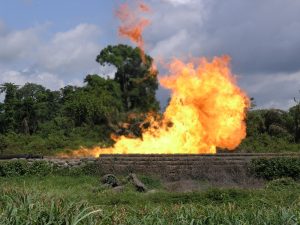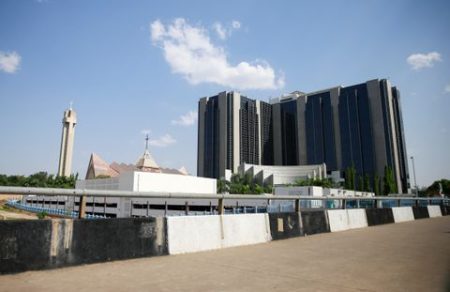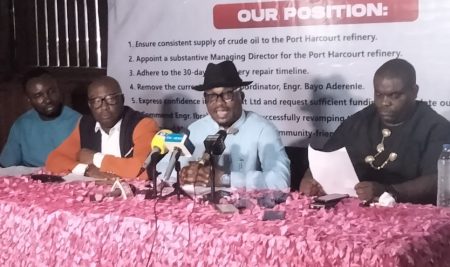…Kebetkache sensitises CSOs on climate change action plan

Mkpoikana Udoma
Port Harcourt — As the global awareness on the effect of climate change continues to grow, energy companies in the country have been charged to move away from polluting energy sources to cleaner energy and renewables.
The charge was given during a two-day training workshop on ‘Gender and Climate Change’, organised for civil society groups, women and communities, by the Kebetkache Women Development and Resource Centre in Port Harcourt.
A resource person, Mrs. Titi Akosa, said Nigeria will not only be left behind, but would be caught up in economic woes, if she fails to join the cleaner energy train.
Akosa said for women to address the issue of climate change in their communities, they need to come together, mobilize and form an advocacy group, to enable them amplify their voice and ensure it escalates to the people that matter.
She said women must advocate, lay their complains and also raise their voices to the international communities and call the attention of the world to their plight.
“My advice to polluters is they should stop pollution. The earlier they stop polluting the better. The world is not waiting, the world is moving to cleaner energy. In the next few years, fossil fuel will be out of fashion.
“If they don’t stop polluting they will get caught up with economic woes, that will come as a result of moving away from polluted and dirty energy to clean and renewable energy.
“It is time to rethink and start thinking of how they will move away from their oil wells, because very soon oil wells will no longer be lucrative.
“For the community people, they should continue to advocate, the government ought to be strong on behalf of the people.They should stop giving license to those who will pollute the communities.”
Earlier, the Executive Director of Kebetkache, Ms. Emem Bridget Okon, said the workshop was imperative to create awareness amongst civil society organizations in Rivers State and local communities on the national action plan on gender and climate change.
“The idea was that the civil society organizations and local communities will take hold of the available document and use it to engage with the stakeholders in their constituencies so that these document is localized and internalized.
“For many years the country has had the national policy on climate change but at the local government level we don’t have a policy formation, whereas climate change affects people at the local level more.
“Every year we experience flood, community members suffer pollution, black soot, a lot of manifestation from climate change. If CSOs do not know about these policy document, they will not be able to tackle the government to take action to address the climate change crisis.”
Also, another resource person, Chief Constance Meju, who described the Niger Delta as a triple disadvantaged zone, regretted that the government seems not to understand the implications and dangers of climate change.
She urged women to come together and raise their voices loud to let the government know that the Niger Delta is in danger, while also urging the government to wake up.
“The major cause of climate change is pollution mainly from the hydrocarbon process. We also have the added effect of climate change on the little space that is left for farming, we are also contending that space with herdsmen.
“Climate change makes women insecure, it makes food production difficult, it brings poverty, illness, it endangers the women and the family. Knowing fully well women bear much of the burden of the home, it means Niger Delta women are in deep trouble.
“You heard that the glaciers are melting and when it melts it is usually ebbing in the Niger Delta. About five years ago, there was a study that in 2030 much of the Niger Delta will be submerged by water. That water will come from these melting glaciers.”
Follow us on twitter



